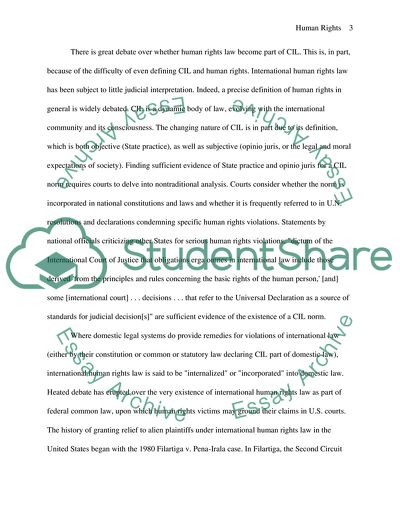Cite this document
(Human Rights and Natural Law Theory Essay Example | Topics and Well Written Essays - 3500 words, n.d.)
Human Rights and Natural Law Theory Essay Example | Topics and Well Written Essays - 3500 words. https://studentshare.org/philosophy/1703837-do-human-rights-and-natural-law-theory-stand-or-fall-together
Human Rights and Natural Law Theory Essay Example | Topics and Well Written Essays - 3500 words. https://studentshare.org/philosophy/1703837-do-human-rights-and-natural-law-theory-stand-or-fall-together
(Human Rights and Natural Law Theory Essay Example | Topics and Well Written Essays - 3500 Words)
Human Rights and Natural Law Theory Essay Example | Topics and Well Written Essays - 3500 Words. https://studentshare.org/philosophy/1703837-do-human-rights-and-natural-law-theory-stand-or-fall-together.
Human Rights and Natural Law Theory Essay Example | Topics and Well Written Essays - 3500 Words. https://studentshare.org/philosophy/1703837-do-human-rights-and-natural-law-theory-stand-or-fall-together.
“Human Rights and Natural Law Theory Essay Example | Topics and Well Written Essays - 3500 Words”. https://studentshare.org/philosophy/1703837-do-human-rights-and-natural-law-theory-stand-or-fall-together.


